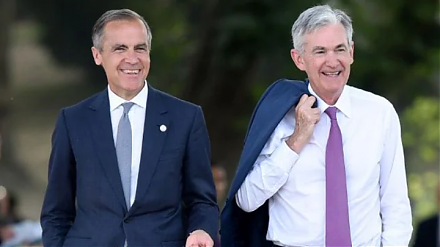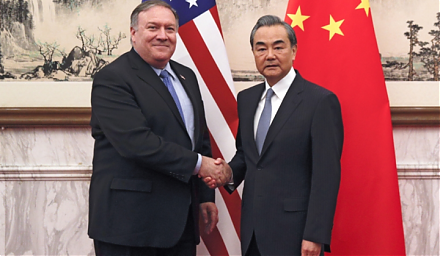

2017-11-25 06:34:00 Sat ET
stock market competition macrofinance stock return s&p 500 financial crisis financial deregulation bank oligarchy systemic risk asset market stabilization asset price fluctuations regulation capital financial stability dodd-frank
Mario Draghi, President of the European Central Bank, heads the international committee of financial supervisors and has declared their landmark agreement on a thorny set of revisions to Basel 3. Many bankers and pundits refer to these revisions as Basel 4. While many banks prefer to standardize their equity capital calculations under Basel 3, several multinational banks apply their own internal risk models to gauge appropriate common equity capital ratios. Now the primary concern relates to the unfortunate outcome that the minimum regulatory capital results would become lower for a given large bank if one chose to apply another bank's internal risk models. This discrepancy might arise from the fact that each bank exhibits different exposure to specific risk types such as commercial real estate default risk and operational risk. Due to this concern, Basel 4 revisions can fill the gap between fact and fiction to help circumvent regulatory arbitrage.
Large banks would need to incorporate loan-to-value ratios into the internal risk models of residential mortgage default risk. On balance, the overall capital floor is 72.5%, which reaches a healthy middle ground between the U.S. preference for 75% and the European tendency toward 70%. Proponents of U.S. financial deregulation suggest that substantially lifting the average capital ratio from 7% to 12%-15% would likely increase the prohibitively high cost of capital for banks, insurance companies, credit unions, and other financial institutions.
If any of our AYA Analytica financial health memos (FHM), blog posts, ebooks, newsletters, and notifications etc, or any other form of online content curation, involves potential copyright concerns, please feel free to contact us at service@ayafintech.network so that we can remove relevant content in response to any such request within a reasonable time frame.
2018-06-05 07:36:00 Tuesday ET

Just Capital issues a new report in support of the stakeholder value proposition in recent times. U.S. corporations that perform best on key priorities such
2019-11-09 16:38:00 Saturday ET

Federal Reserve Chairman Jerome Powell indicates that the central bank would resume Treasury purchases to avoid turmoil in money markets. Powell indicates t
2025-05-21 04:27:10 Wednesday ET

Carol Dweck describes, discusses, and delves into the scientific reasons why the growth mindset often helps motivate individuals, teams, and managers to acc
2019-10-01 11:33:00 Tuesday ET

The Trump administration postpones increasing 25% to 30% tariffs on $250 billion Chinese imports after China extends an olive branch to de-escalate Sino-Ame
2022-09-25 09:34:00 Sunday ET

Main reasons for share repurchases Temporary market undervaluation often induces corporate incumbents to initiate a share repurchase program to boost the
2018-11-15 12:35:00 Thursday ET

Warren Buffett approves Berkshire Hathaway to implement new meaningful stock repurchases. Buffett sends a positive signal to the stock market with the Berks